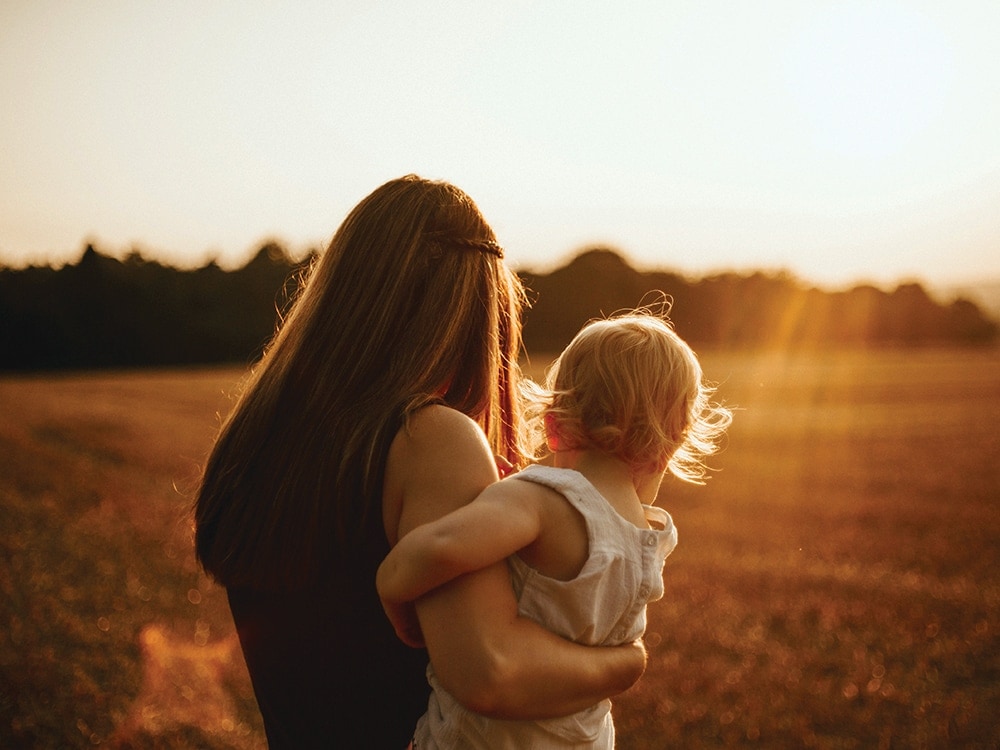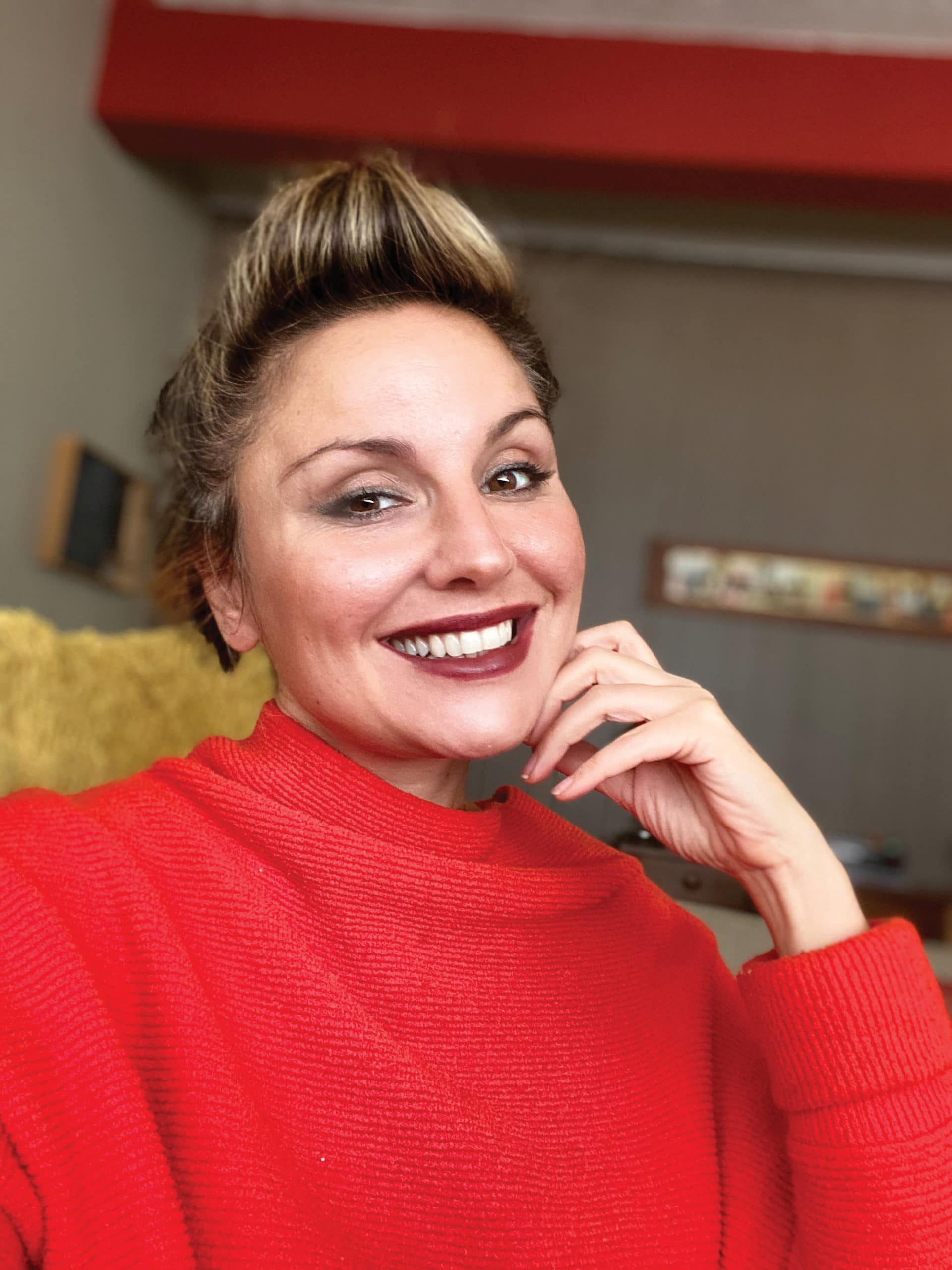When writing this piece, at first, I thought to myself, “Piece of cake! I’m a mother, after all!” Then I sat in front of my laptop and stared at the blank screen. I stared and stared, and nothing came. To my great surprise, I struggled, as a mother, as a psychotherapist, as a woman.
What hasn’t been said about motherhood? What could I possibly say that is in any form novel? It’s hard, it’s miraculous, it’s everything. Once again, I got to thinking about the essence of motherhood inside our female frames. How hard it was to remember what I was before I was a mother, how far away that person felt from me, so far that I could hardly relate to her. Did I miss her? I missed her, but only as a mother would miss a child. I felt empathy for my child self because until I became a mother, I was a child, even if I felt big and all grown up. I was a child because all I was, was a child to my mother. Bishop Berkeley argued that unless things were observed by another, they didn’t exist, and since the world was perpetually observed by God, we continued to exist in God’s mind. So was my existence then defined by my mother, like that of a deity? She that brought me here and claimed me as her child, and I would continue to be her child until I took her place and claimed another as my own? This chain of transition from child to motherhood is literally a chain of human history as we know it. It is motherhood that guarantees our existence. We are the gatekeepers of mankind. Is that grand enough? I think so.
Psychologists write about stages of human development lumping both genders into one, yet women, unlike men, go through the most monumental psychological, hormonal, physiological, and neurological transition through motherhood, which men never experience. How is it then conceivable for this development to run parallel to the opposite gender? Object relational psychoanalysts like D. Winnicott wrote about “primary maternal preoccupation” and framed this transition as some sort of a temporary flight into psychosis. He theorized that this temporary transition was a psychological necessity to ensure a mother’s attachment and intuition toward the baby. The truth, however, which Winnicott as a man could not possibly know, is that motherhood doesn’t change us temporarily; it changes us permanently. That motherhood is not simply a process of birthing and raising another, but it is also a process of birthing and raising of the self.
Hence, here is my novel, or not-so-novel, idea: Female stages of psychological development are different than those of men. The transition from non-mother to mother entails such an intrinsic transformation, that essentially, a woman, like a snake, sheds her skin completely and is rebirthed along with her firstborn. Females, prior to motherhood, just like males, are ego-focused. We concentrate on expanding our personal talents and traits. We are engaged in acquiring concrete academic knowledge from the world at large and promoting ourselves and our individual institutions.
However, when a woman becomes a mother, from the beginning of her pregnancy until the day she dies, she begins a whole other kind of life journey, which, as Dr. Winnicott so astutely points out, entails a process of relinquishing control. We relinquish control over our bodies, our freedom, our individualistic pursuits. We, as mothers, must give in to the natural process and become one with it. Here begins a new kind of education, that of intuition, gut feeling, sort of a sixth sense type of knowledge. We expand our consciousness beyond a singular institution of self, and our children become an inseparable part of us. Hence, we ascend from a single ego to a multi ego state of being. Every attuned mother knows the cry of her baby, can tell her child’s disposition instantly without words, and every mother knows that the moment her child exists, her “I” becomes a “we.”
It is through the acquisition of such intuitive, natural attunement and love that a woman becomes aware of herself and her world in a new way. Hence, in the biblical metaphor of Adam and Eve, she shares this new knowledge with her partner, thus crowning him as the father and the protector of their children and that of the human realm. In shedding the singular ego, a mother can essentially tap into an infinite source of love within her, thus transcending into the divine power of the creator. In other words, motherhood is the most natural path to potential spiritual transcendence into divinity and, therefore, the most powerful connection of men to nature. spt







Comments